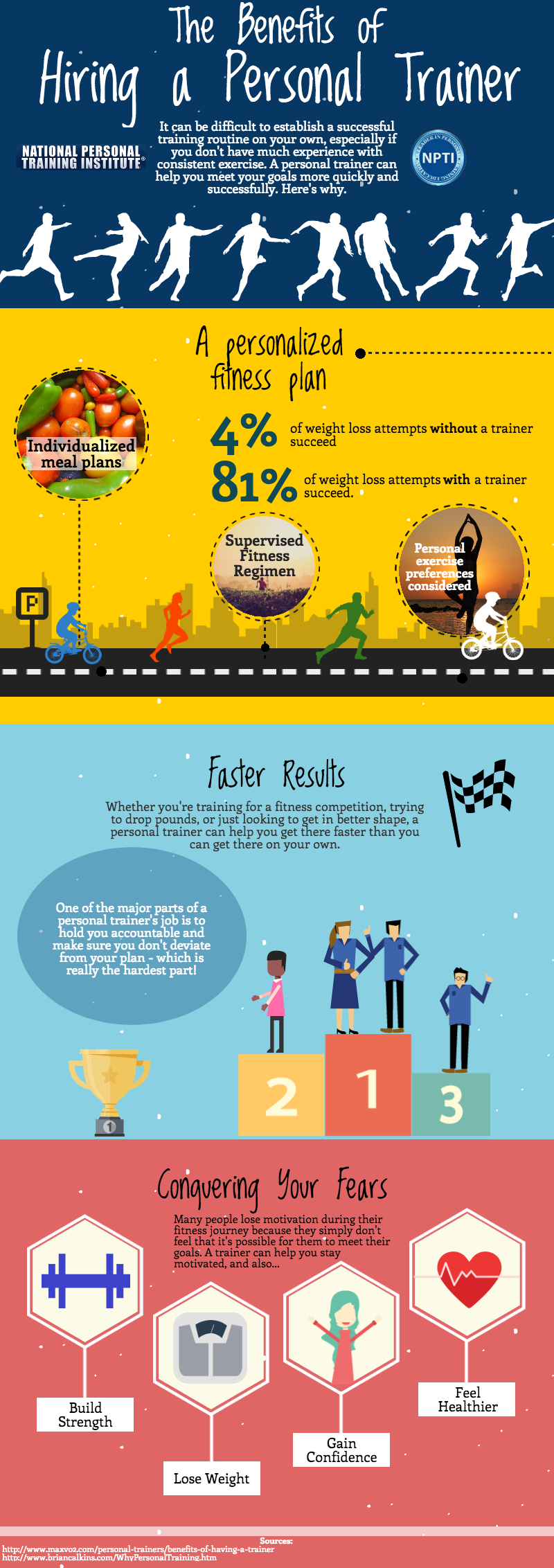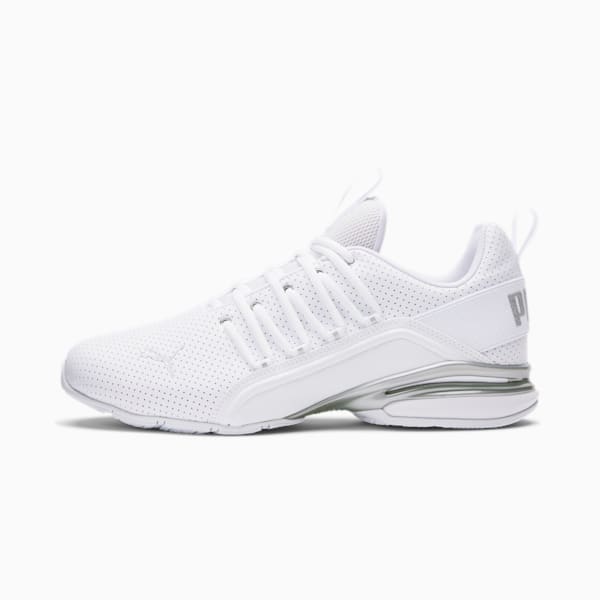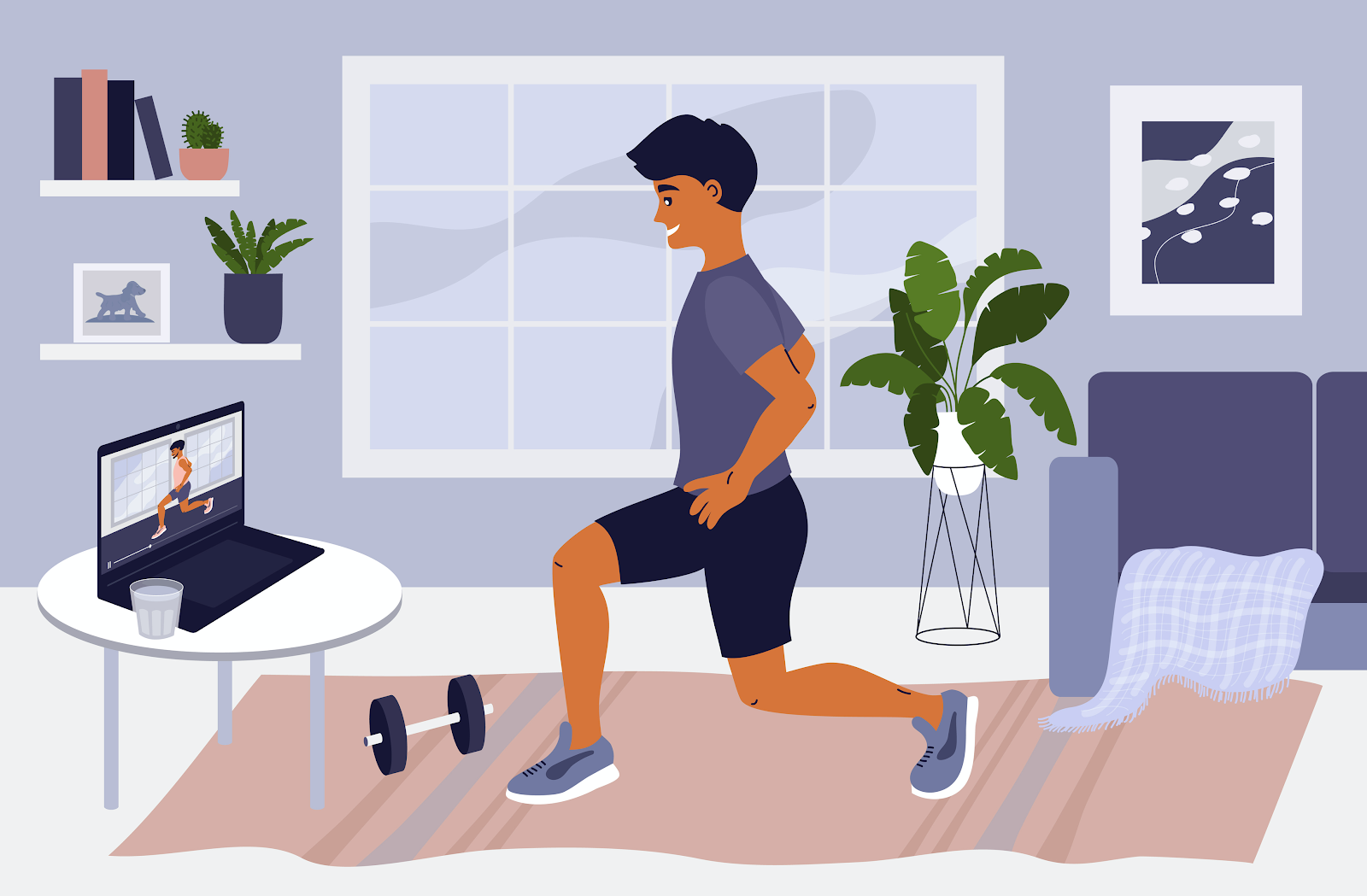
It is important to understand the basics of muscle-building exercises if you want to build lean muscle. These exercises target more muscle fibers, burn more fat, and engage the core. Squats are the base of the food pyramid: they work the largest muscle groups in the body. They also strengthen the core, lats, and shoulders.
Compounded exercises help to increase muscle fibers
Because they recruit a greater number of muscle fibers, compound workouts are great for building muscle mass. They also burn a lot more calories than isolated exercises. This means that you'll be able to lift heavier weights and do more work in a shorter amount of time. This makes compound exercises a better choice for those who are short on time but still want to build lean muscle.

They lose more body fat
High-intensity intertraining (HIIT), which is great for burning body fat but also preserving muscle mass, is an excellent option. It is important to only do the workouts a few times per week. Reduce the intensity and intensity of HIIT if you feel tired.
They engage your core muscles
To build lean muscle, engage your core muscles. Core refers the muscles that surround your trunk. They include abdominals. obliques. diaphragm. pelvic floor. Trunk extensors. Hip flexors. These muscles support the torso and allow you to do various movements such as lifting weights or standing from a chair.
They have low-impact.
Low-impact exercises are a great way to build lean muscle and burn calories. They are low-impact and don't put a lot of stress on your joints. Swimming and cycling make for low-impact workouts. Cycling is a great form of transportation and can also be a way to burn calories and strengthen muscles throughout your body.

They are quick to react
The best fast-acting exercises for lean muscle are those that force the body to build muscle faster than it could otherwise. These exercises, called "hypertrophic exercises", recruit more muscle fibers and increase output. These types of exercises increase strength.
FAQ
Why is physical fitness important for your health?
Fitness is crucial for our health. Regular exercise is essential for maintaining our health, weight, strength, flexibility, cardiovascular system, and overall well-being. Exercise improves sleep quality, helps with stress management, increases energy and boosts self-esteem.
How can I start with fitness?
Start small. Try taking 10 minutes each day to walk around the block. This will show you how to move and give your muscles the time to adjust. You can then add more steps into your daily exercise routine once you have learned this simple form.
How exercise and nutrition can improve your quality of life
Exercise is good for your health, weight loss, muscle growth, stress reduction, and overall well-being. Nutrition is essential for energy, sleep and mood as well as overall health. Eat less meat, limit alcohol consumption, avoid smoking, exercise regularly, and reduce your risk of dying.
Exercise can I help me lose weight
Yes. Regular exercise can help you shed extra calories and lose weight. Exercising can increase your metabolism so that you can burn calories even when you're not working out.
What should I do if I'm working out?
It is important to limit your alcohol intake while you are working out. However, moderate consumption of alcohol (one drink per day) may help improve endurance during workouts. It can also help reduce fatigue and muscle pains caused by intense exercise.
Statistics
- One study showed that adults who watch more than 4 hours of television daily had an 80% higher risk of death from cardiovascular disease. (heart.org)
- In high-income countries, 26% of men and 35% of women were insufficiently physically active, as compared to 12% of men and 24% of women in low-income countries. (who.int)
- In 2018, the World Health Assembly agreed on a global target to reduce physical inactivity by 15% by 2030 and align with the Sustainable Development Goals. (who.int)
- According to the Centers for Disease Control and Prevention, chronic diseases cause 7 out of 10 deaths in the U.S., and treating chronic diseases accounts for 86% of U.S. healthcare costs. (mana.md)
External Links
How To
How To Burn Belly Fats Faster
When trying to lose weight, belly fat is often viewed as a problem. When you stop and think about it, Belly Fat can actually be a blessing. Your organs are protected from being damaged by excess belly fat. So let's see how to burn belly fat fast.
The two main factors that make us store body fat are stress and lack of exercise. Cortisol hormone is stimulated by stress, which causes us to feel constantly hungry. Cortisol is responsible for an increase in insulin levels. The insulin stores the excess calories as fat. Insufficient sleep can lead to an increase in appetite and adrenaline release. Exercise helps to break down these extra calories.
There are many ways you can reduce belly fat. You can try any one of them depending upon your budget. Here are some tips to help you get rid of belly fat quickly.
-
Reduce your food intake. Instead of eating three large meals a day, eat smaller meals. You will eat less calories in general.
-
Get plenty of water. Water flushes out toxins, and keeps your body hydrated. You won't overeat if you drink water before you eat.
-
Avoid unhealthy snacks. If you're looking for quick fixes, snack foods like chips, cookies, candies, etc. might seem tempting. These fattening treats are best avoided as they have too many empty calories and sugar. Instead, opt for healthy alternatives such as fruits, vegetables and whole grains.
-
Strength training should be done at least three times per week. Strength training builds muscle mass and burns more calories when you're not working out. Strengthening your bones, muscles as well ligaments, joints, tendons, heart and lungs.
-
Walking or stretching is a good habit to do regularly. Stretching can improve flexibility, mobility, and reduce back pain. Walking for 30 minutes is a great way to burn calories.
-
Reduce alcohol intake. Reduce alcohol intake. Alcohol is a waste of calories and has no nutritional value.
-
Slowly lose weight. Finding out your current weight is the first step in losing weight. Then, add 5% to 10% to your body weight to get your ideal weight. Once you have reached your target weight, begin decreasing your daily calories intake by 500-1 000 calories until you reach your goal.
-
Avoid processed foods. These foods are high in salt, sugar, preservatives, and other harmful ingredients. While processed foods can be convenient, they don't offer enough nutrients to ensure your health.
-
Don't skip breakfast! Eating breakfast improves concentration, memory, and energy level. Protein (like eggs), fiber and complex carbohydrates (like oatmeal) should be included in breakfast.
-
Have regular bowel movements. Bloating and gas can be caused by irregular bowel movements and constipation. Increase your fiber intake and drink lots of water.